For Jack Chambers (1931–1978), films provided the temporal dimension that he could never fully achieve in painting. Olga and Mary Visiting, 1964–65, and his silver paintings of 1966–67 could only point in this direction. While cinema inevitably moves ahead in our “real” time of viewing, Chambers is never content with a simple, linear narrative. The Hart of London, his longest and most ambitious completed film, plays with time in myriad ways.
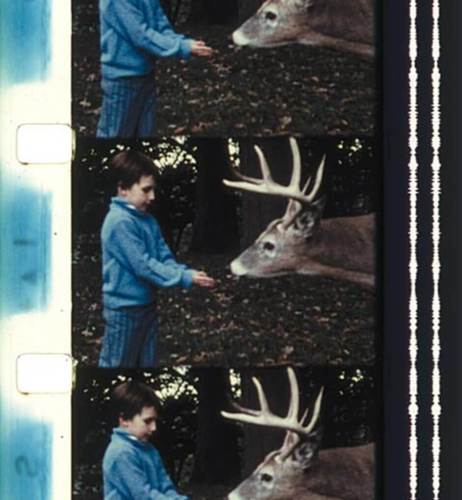
16mm black and white and colour film, sound, 79 min., Art Gallery of Ontario, Toronto
For the pursuit and eventual capture of the deer that gives the film its punning title, Chambers employed found news footage from 1954, liberally borrowed from the archives of CFPL-TV in London, Ontario. He also deployed film he shot in Spain for the pivotal abattoir scene. In London he shot footage for the delicate sequence near the conclusion in which his sons feed domesticated deer while their mother, Olga, whispers, “You have to be very careful” and for the transcendent closing sequences of water and sky. Olga’s voice-over is not only poignant, given the fragility of the young children and the deer, but also surprising, as most of the sound in The Hart of London refuses to advance or even connect with the narrative.
Hart is an endlessly layered tour de force. It explores life and death, the sense of place and personal displacement, and the intricate aesthetics of representation. It is a personal and spiritual film, marked inevitably by Chambers’s knowledge that he had leukemia. The American avant-garde filmmaker Stan Brakhage (1933–2003) said of Hart, “If I named the five greatest films [ever made], this has got to be one of them.” Even this high praise falls short of hyperbole. The Hart of London is at the centre of Chambers’s extraordinary achievement.
This Spotlight is excerpted from Jack Chambers: Life & Work by Mark A. Cheetham.
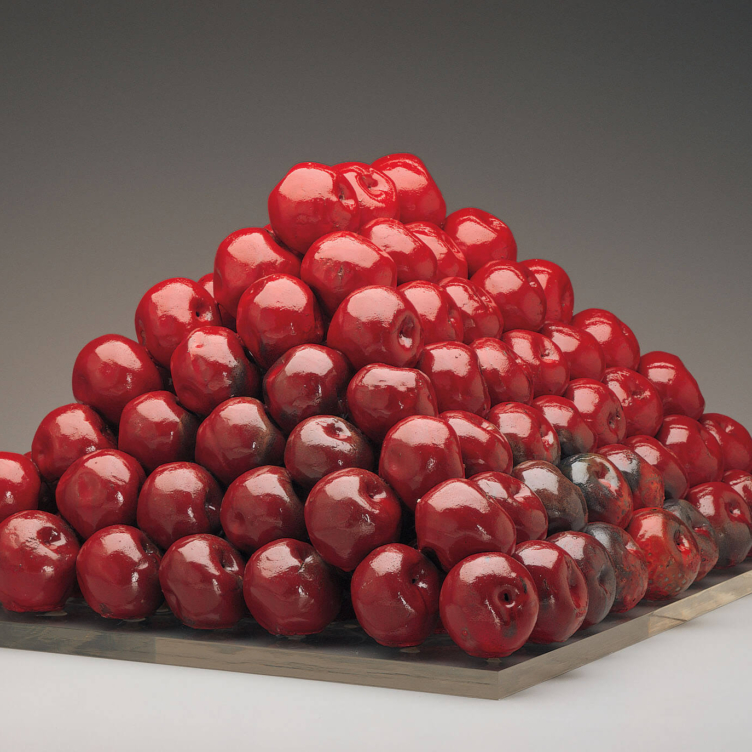 Pyramid Scheme
Pyramid Scheme
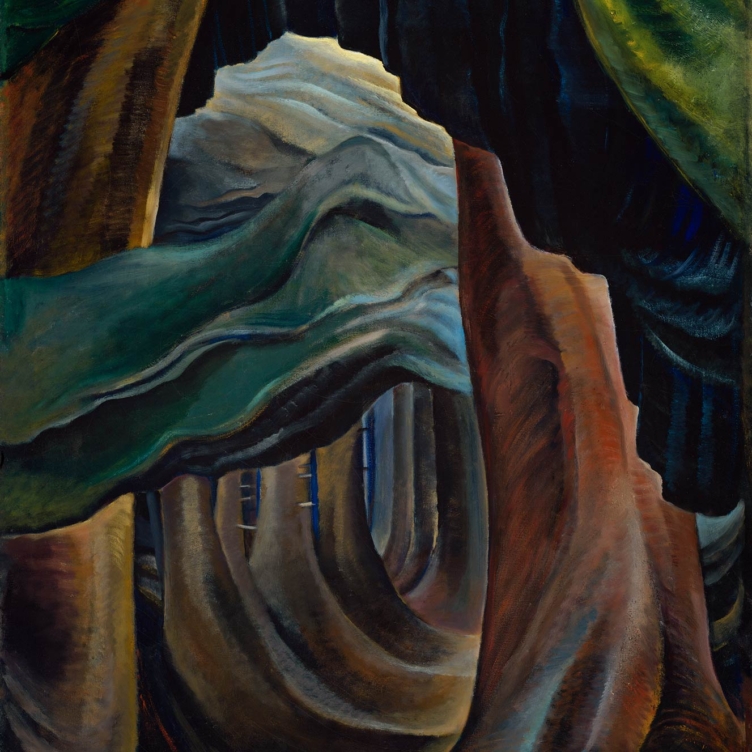 Transportive Trunks
Transportive Trunks
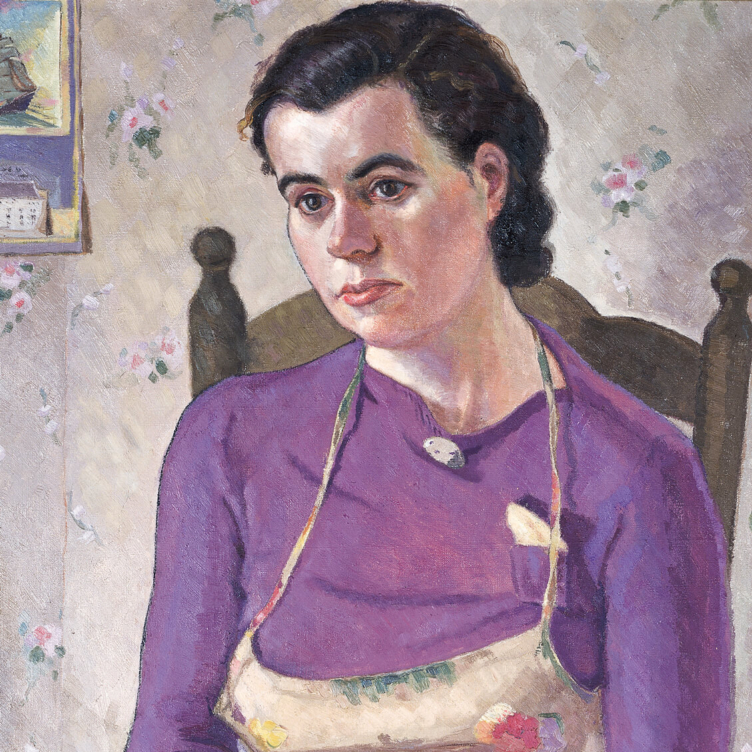 The Military Mate
The Military Mate
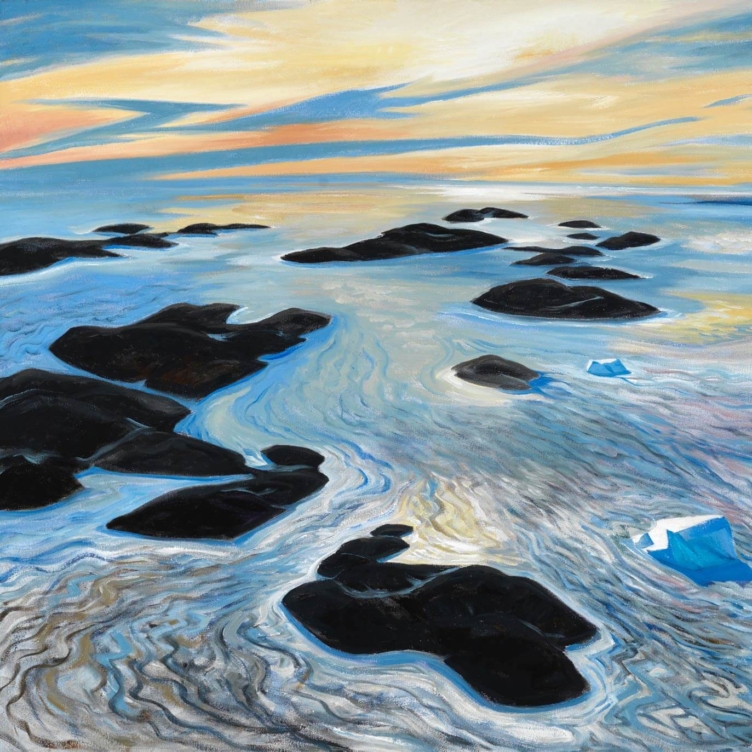 Looking Up on the World
Looking Up on the World
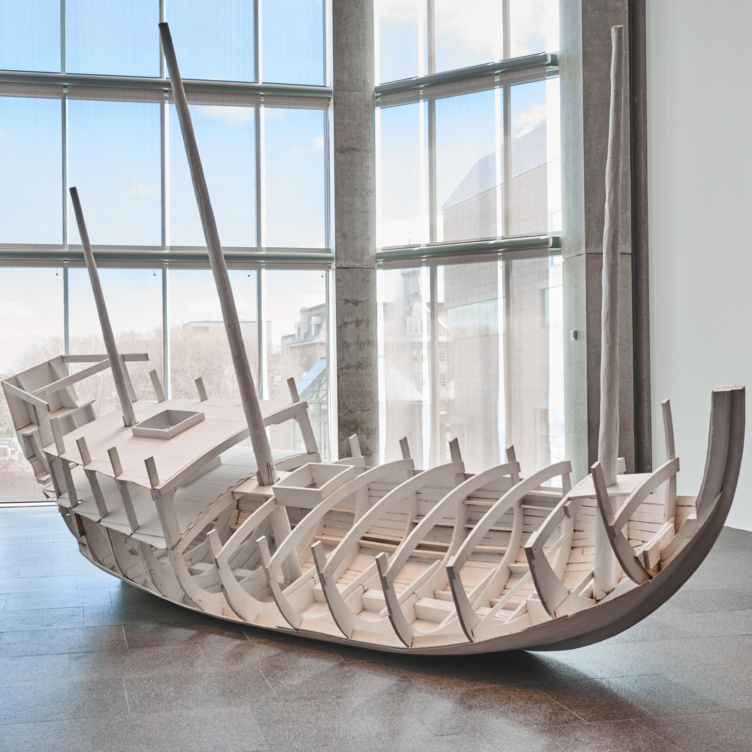 Vessel of Despair
Vessel of Despair
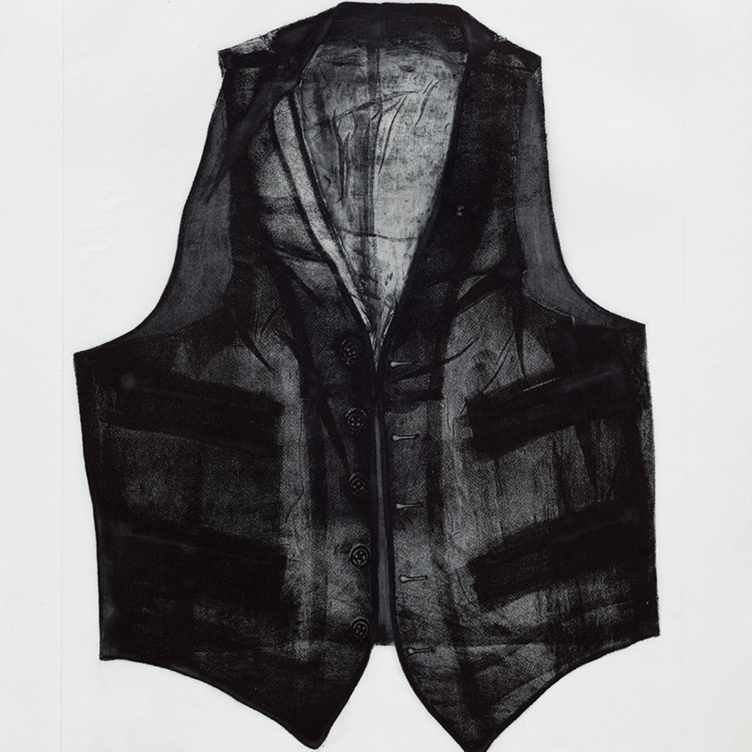 Layers of Meaning
Layers of Meaning
 In Parallel to Nature
In Parallel to Nature
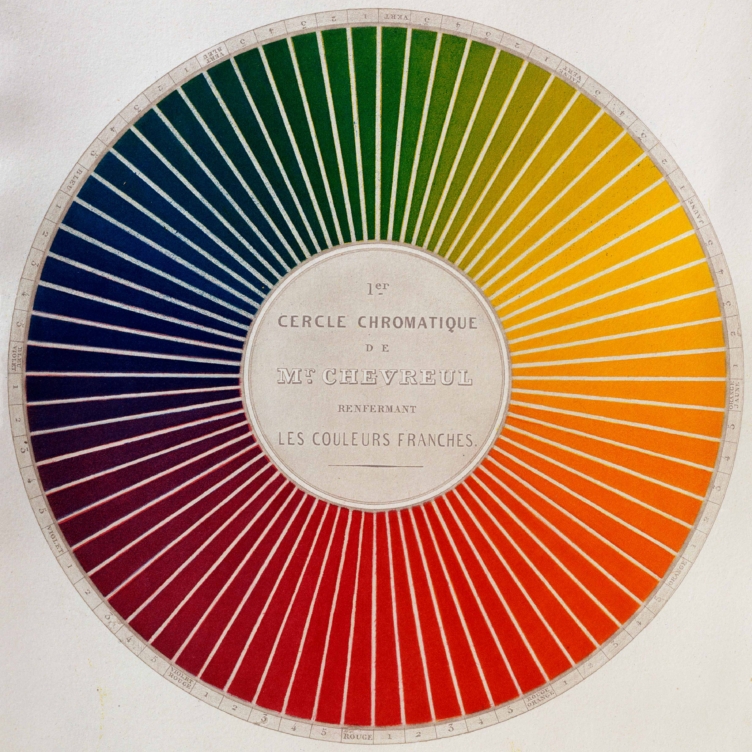 Wheel of Fortune
Wheel of Fortune
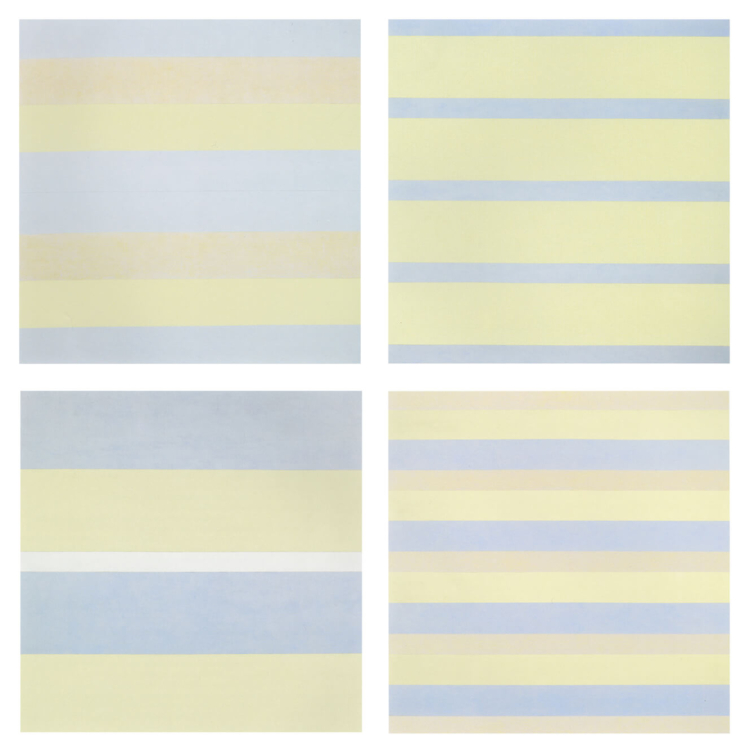 Paintings after emotional states
Paintings after emotional states
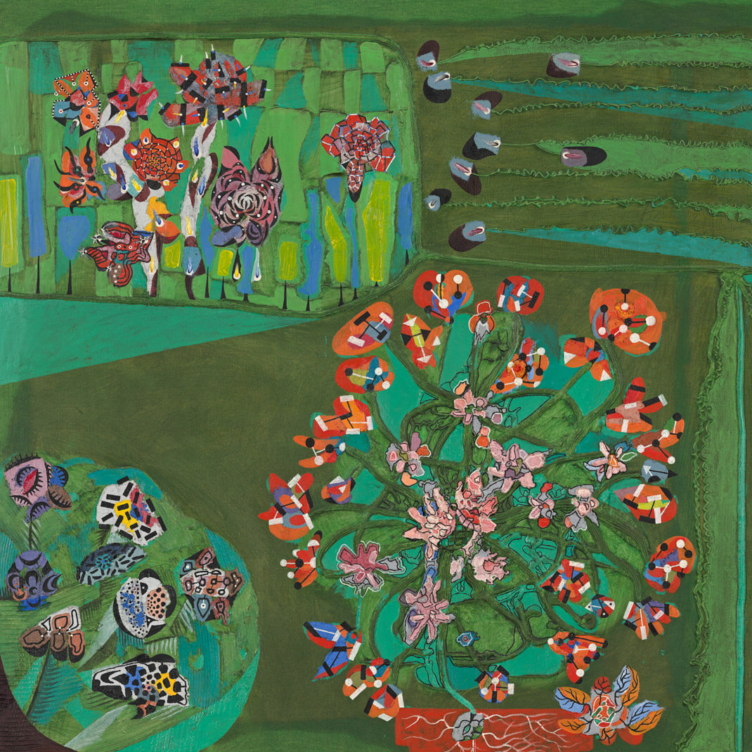 Garden of Delight
Garden of Delight
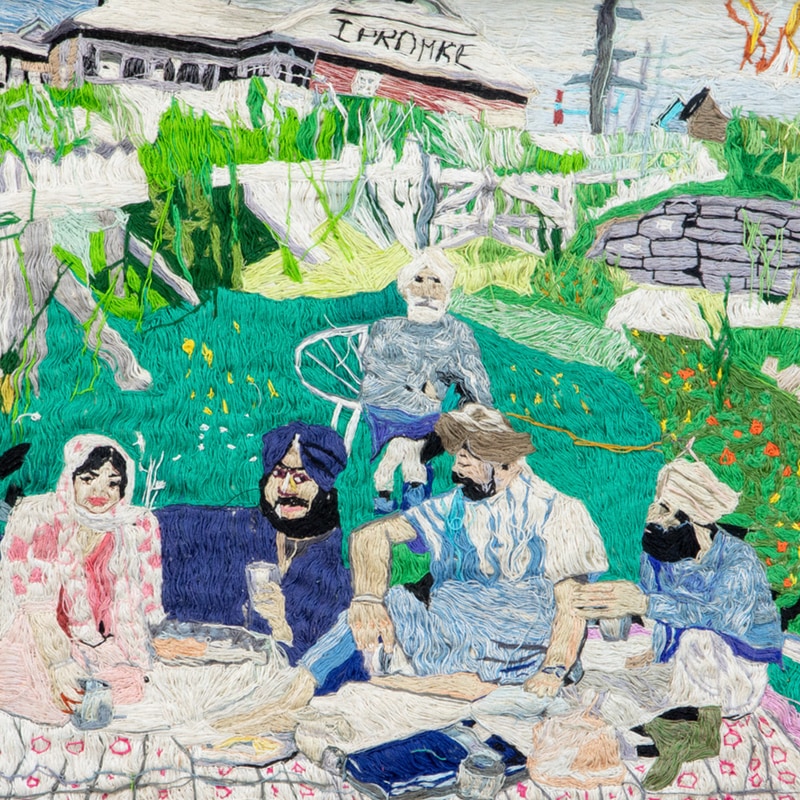 Stitching the Archives
Stitching the Archives
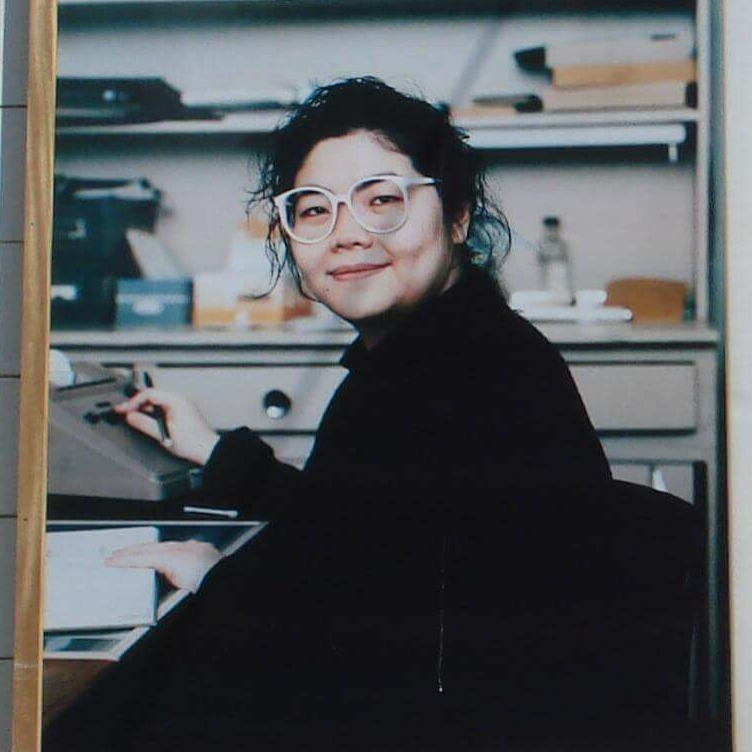 A Working-Class Hero
A Working-Class Hero
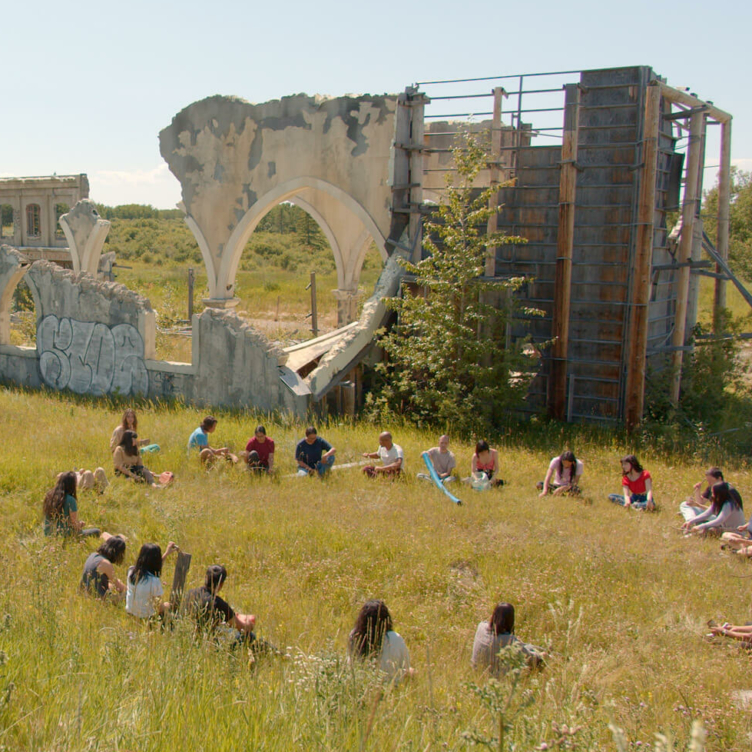 Imagining Entangled Futures
Imagining Entangled Futures
 Bridging Far and Near
Bridging Far and Near
 Soft Power
Soft Power
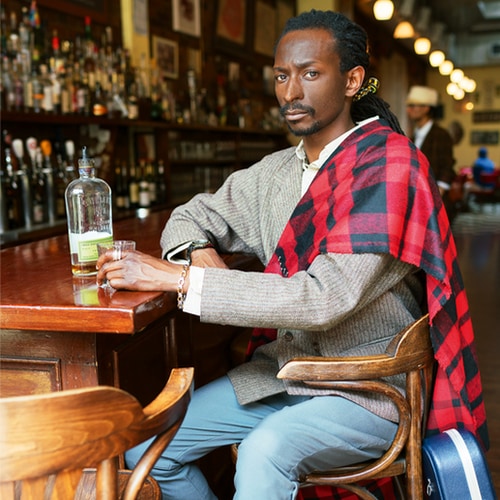 Imagining Emancipation
Imagining Emancipation
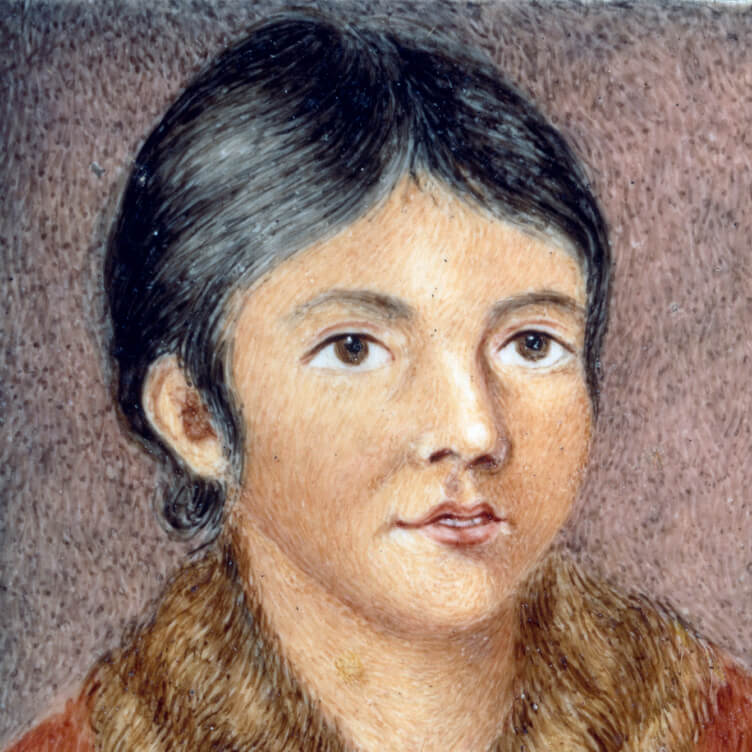 A Priceless Portrait
A Priceless Portrait
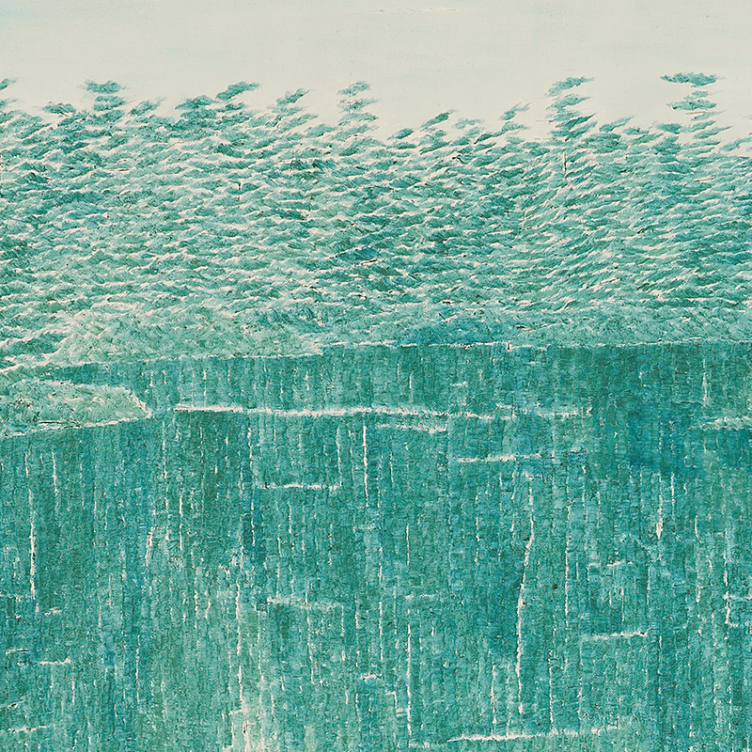 Meditation in Monochrome
Meditation in Monochrome
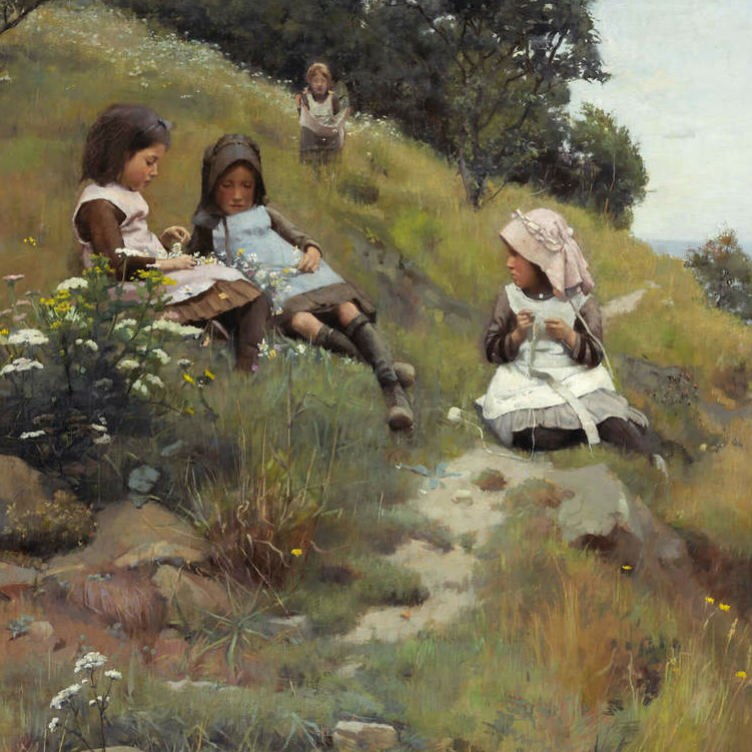 Making His Mark
Making His Mark
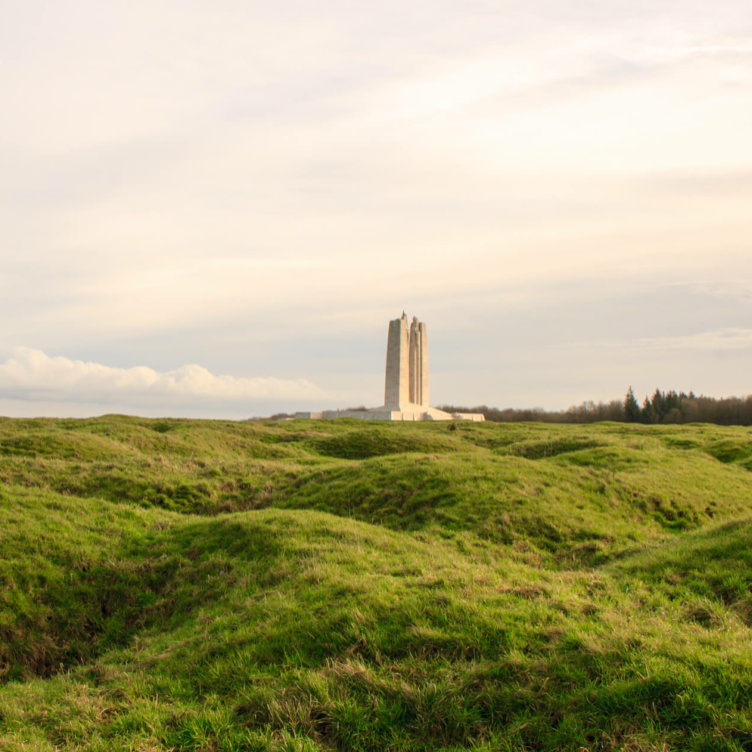 Honour and Sacrifice
Honour and Sacrifice